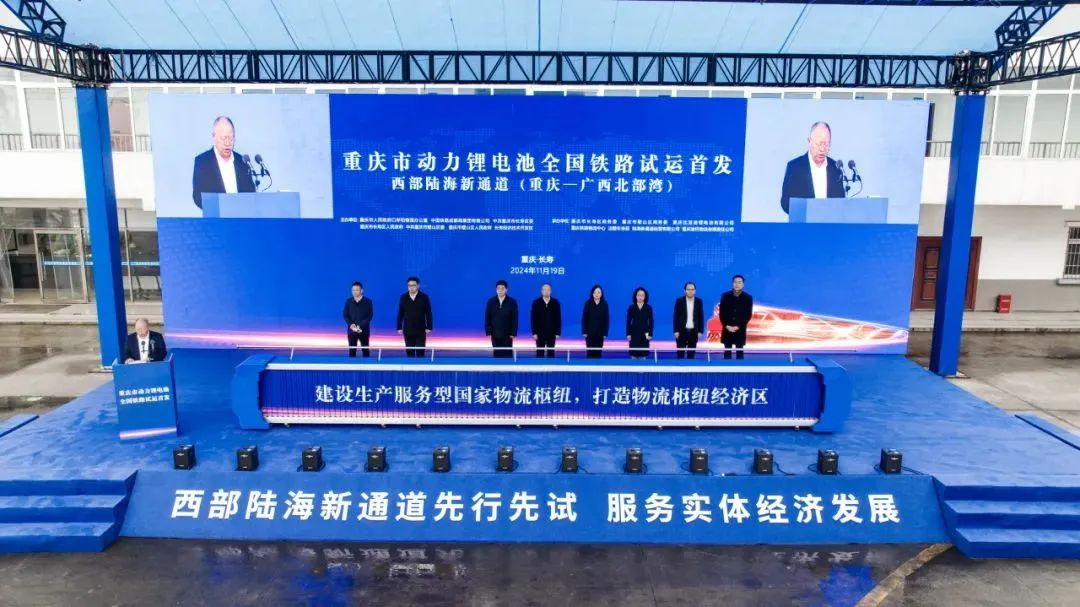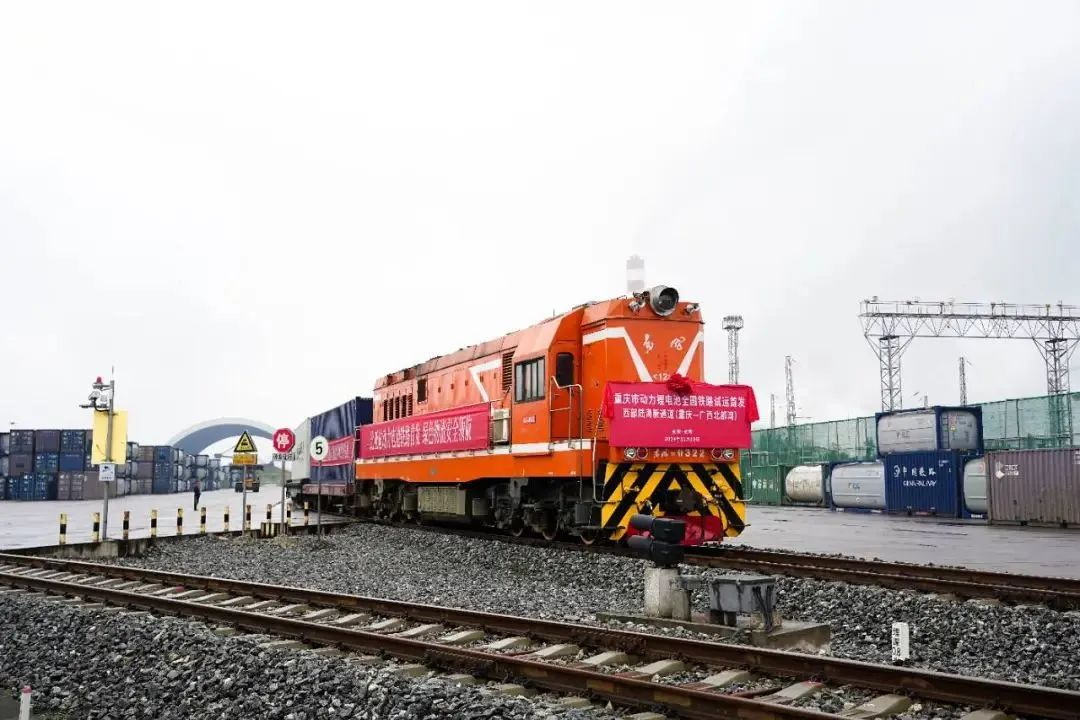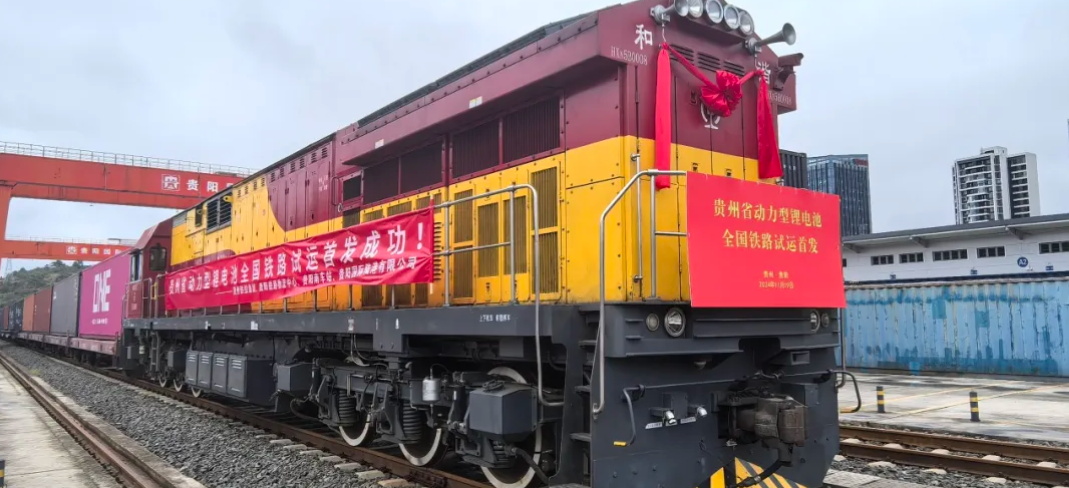BYD and CATL Join Forces to Drive a New Era of Lithium-ion Battery Transportation on Railways
On November 19, 2024, China launched its first trial railway transport of automotive lithium-ion batteries in the southwest region, covering Sichuan, Guizhou, and Chongqing. Both CATL (Contemporary Amperex Technology Co., Limited) and BYD's Fudi Battery participated in the event. BYD and CATL held their respective inaugural ceremonies for the trial transportation of lithium-ion batteries, marking a significant breakthrough in China's development of lithium-ion battery-powered railway transport.
The nationwide launch of BYD's lithium-ion battery railway trial began in Chongqing (from Chongqing to Guangxi Beibu Gulf), while CATL held simultaneous events in Guiyang (from Guiyang to Shanghai) and Yibin (from Yibin to Shanghai). These coordinated actions signaled the official introduction of lithium-ion batteries into the "new model" of railway transport, ushering in a new era of lithium-ion battery transportation on railways across the country.

However, there are challenges in the area of lithium-ion battery railway transport, particularly regarding the incomplete regulatory framework, strict safety requirements for handling lithium-ion batteries, and specific packaging regulations.
As a participant in drafting the standards for the "40-foot container transport of electric vehicle lithium-ion batteries by railway," BYD has been deeply involved in the formulation of related guidelines. The company leveraged its rich technical expertise in the battery field to provide professional support for the standards, addressing aspects such as packaging design and product performance.
Moreover, BYD fully supported the safety verification testing of dedicated railway containers for lithium-ion batteries, providing real-world data and professional insights related to battery safety, transport risk management, and emergency response measures. This has ensured the safety and reliability of lithium-ion battery transportation by rail.

The dedicated railway container, loaded with BYD's lithium-ion batteries, was ready for transport. Staff conducted the final checks, and with the joint effort of leaders pressing the ceremonial button, the train slowly began its journey. The lithium-ion batteries were transported safely by rail to their destination. This pioneering achievement not only marks a significant step in BYD's green development but also lays a valuable foundation for the large-scale application of lithium-ion battery railway transportation in the future, helping to promote synergy between the lithium battery industry and railway transportation.
Meanwhile, with a train full of CATL products heading to Shanghai, CATL also achieved the inaugural trial of lithium-ion battery transport by rail in China, marking a "zero breakthrough" for lithium-ion battery railway transport in the country. CATL is actively involved in the pilot lithium-ion battery railway transport program with China National Railway Group, contributing to the development of the industry by reducing transport costs and improving the resilience of the new energy battery supply chain.

The launch of CATL's lithium-ion battery railway transport has facilitated the shift of large and medium-long-haul cargo transport from road to rail, which will help reduce transportation emissions, lower costs, and increase transport efficiency. In the future, lithium-ion battery transport in China may also connect with the China-Europe Railway Express, further boosting the global competitiveness of China's lithium battery industry.
Before this, the transportation of automotive lithium-ion batteries by rail had not been opened domestically. With the success of the trial operations by BYD and CATL, China has achieved its "zero breakthrough" in railway transportation of automotive lithium-ion batteries, officially inaugurating a "new model" for railway transport. Lithium-ion batteries have now entered a new era of railway transport.

